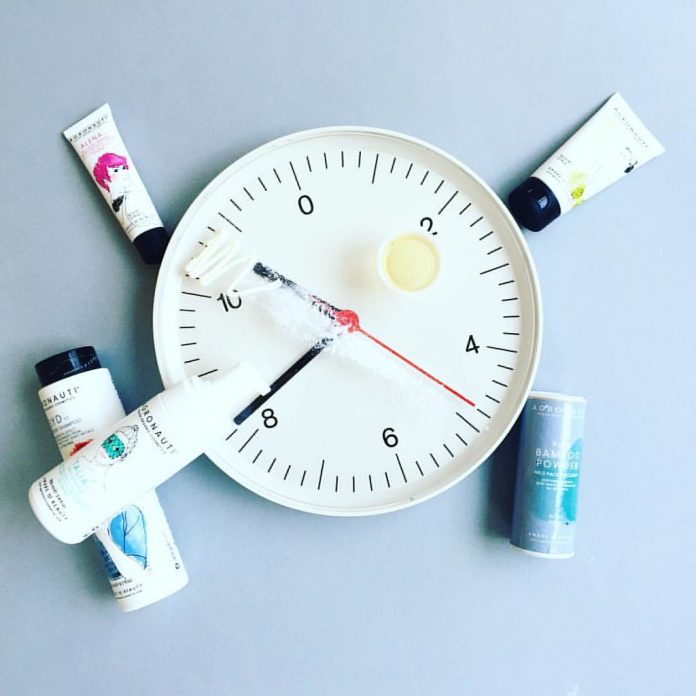Cruelty-free beauty products are now becoming the standard of all beauty products. It only happens due to the availability of testing technologies that reveal the animal and non-animal material used. Also, the demand for the increased brand and product transparency brought things to light. It is not defined by the law that animals should be harmed, or already dead animals can be used in making some beauty products.
Role of Active Protestors
There is an active role of journalists, filmmakers, and researchers in highlighting the cruelty-free beauty products. Cruelty-free beauty products are not detrimental to skin and also do not kill animals. Economic disorder, socio-political discontent, and environmental misery are increasing day by day. Instead of all these pores, customers are willing to spend their money on the beauty product industry. They are supporting because they want a significant impact on the natural world seriously. Also, they are honest about this project. But the products should be cruelty-free.

According to the “Global Beauty Without Bunnies Program,” the behavior of the people towards animal experimentation is swiftly developing, and the signal for it can be seen all around the globe. Many of the companies are banning the cruel testing of animals for beauty products with the irresistible support of the public.
The testing process is now considered an illegal practice in the EU, Australia, New Zealand, the UK, Turkey, Switzerland, India, Israel, and Norway. A spokesman said, “Many other countries around the world currently have laws up for deliberation that would ban animal testing for cosmetics. When these cruel and archaic tests on animals are banned or ended, it forces the industry to reinvest its time and resources in researching and developing non-animal test methods.”
Animal testing and COVID-19 Link
For testing on animals for cosmetics, China is considered as the biggest market in the world. China’s Cosmetic Supervision and Administration Regulation (CSAR) is advised by PETA to have check-in on the animal testing for cosmetics and personal care products manufacturing. But the measures are on hold due to the pandemic COVID-19.
Erin Hill, an expert in non-animal, alternative testing methods, said that moving from animal testing to non-animal testing is scientific, financial, and ethical. Alternative testing techniques may refer to new scientific approaches and offer humane and human-relevant information in a concise life span. We can also link the spread of COVID-19 with animal testing, and it can be used as an incentive to end animal testing forever.

Modern Techniques
For the safety and effectiveness of the products, PETA advised to cruelty-free companies to use non-animal testing methods. These testing methods should include tests using human cells and tissues like “in-vitro” methods, advanced computer-modeling techniques often referred to as “in-Silico” models. Trails should be made with human volunteers.
All the brands must purchase veggies and cruelty-free trademarks and should place the logo on their products, which is an easy process for them. Moreover, these trademarks trust on the compliance of ingredients lists signed statements concerning shared equipment and the payment of licensing fees. No third-party testing is obligatory to verify labeling claims or fact check item origin.

















